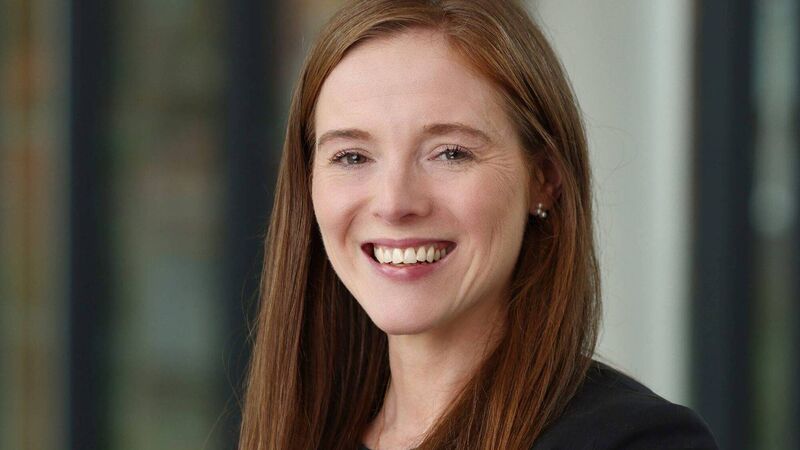Patients on low incomes missing out on vital cancer treatment, warns leading oncologist

Consultant medical oncologist Gráinne O’Kane: 'What do I do? Do I tell the patient who doesn’t have private health insurance, who is low income, who has five kids at home, that there is a drug you could potentially access but it costs this amount?' Picture: stjames.ie
A leading oncologist has warned that patients on low incomes are missing out on vital cancer care as more and more new life-saving drugs are only available to those who can afford to pay.
Gráinne O’Kane’s stark warning came almost a year after Michael McCarthy cautioned that a two-tier system, based on ability to pay and similar to the US model, was emerging in Ireland.













